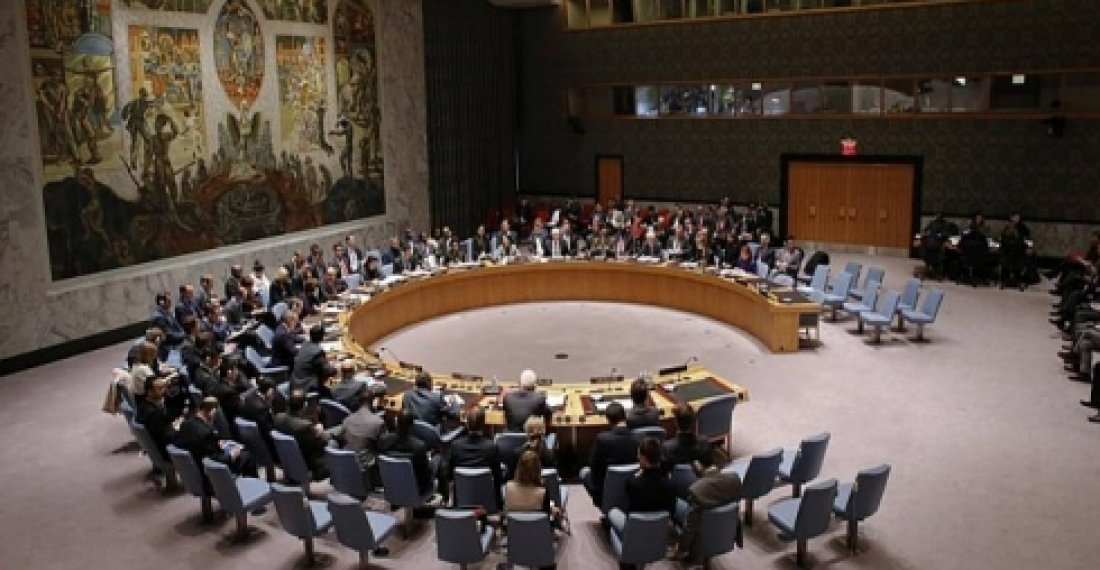Russia was on Saturday isolated in the international community when it was forced to use its veto to stop a resolution critical of its moves in Ukraine. The vote came at the end of days of intensive diplomatıc activity in New York aimed at building an international consensus on Ukraine.
In the end however the resolutıon was approved wıth thirteen countrıes voting in favour, with Russia voting against and China abstaining. Russia used the veto to stop the resolution from beıng adopted. The resolution was supported by three Permanent Members of the Security Council - France , Britain and the United States, as well as all the ten non-permanent members: Argentina, Australia, Chad, Chile, Jordan, Lithuania, Luxembourg, Nigeria, Rwanda and South Korea.
The vote came as tension increased on the Crimean peninsula ahead of a sham poll tomorrow aimed at legitimising Russia's annexation of the territory.
In the meantime news agencies reported on Saturday a stand off between the Ukrainian Army and Russian forces in an area adjacent to Crimea. Reuters News agency citing Ukrainian Defence sources saıd that Ukraine's military scrambled aircraft and paratroops on Saturday to repel an attempt by Russian forces to enter a long spit of land belonging to a region adjacent to Crimea. "Units of Ukraine's armed forces today...repelled an attempt by servicemen of the armed forces of the Russian Federation to enter the territory of Kherson region on Arbatskaya Strelka," a Ministry of Defence statement said. "This was repelled immediately." It said the Ukrainian military used aircraft, ground forces and its aeromobile battalion in the operation. The territory in question is a long spit of land running parallel to the east of Ukraine's Crimea peninsula, now controlled by Russian forces."
source: commonspace.eu with agencies







